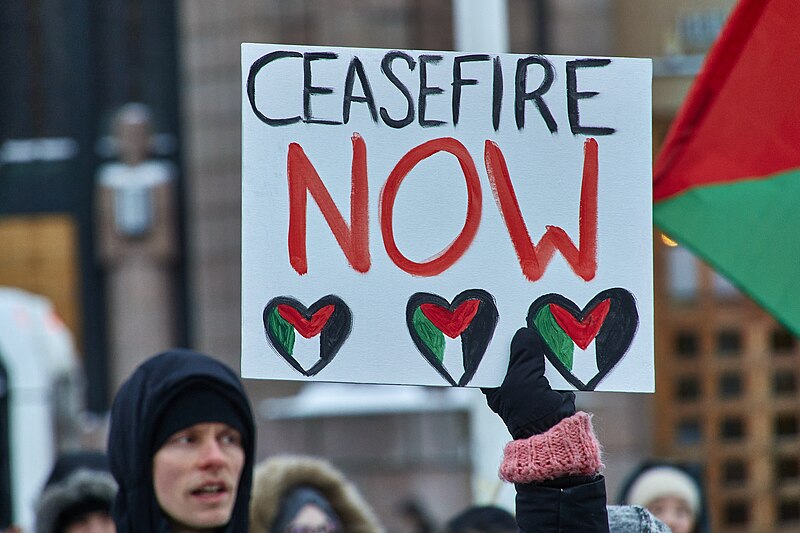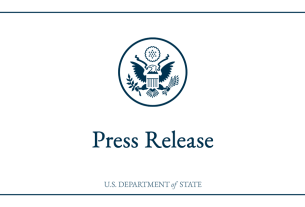The ceasefire between Israel and Hezbollah, which was brokered on November 27, is expected to remain in place, analysts suggest, despite a series of reported violations. The fragile agreement, intended to ease escalating tensions between the two parties, has faced challenges, but experts believe it is likely to endure due to several key factors.
The ceasefire was negotiated amid intense clashes along the Israel-Lebanon border, marking the worst escalation of violence in the region in years. Following a series of airstrikes and rocket attacks, both Israel and Hezbollah agreed to halt hostilities under international pressure, with the aim of preventing a broader regional conflict. While the ceasefire has experienced some breaches, analysts note that both sides appear committed to avoiding a full-scale resumption of hostilities.
Key Factors Behind the Ceasefire’s Durability
One of the primary reasons analysts believe the ceasefire will likely hold is the shared interest in de-escalation from both Israel and Hezbollah. For Israel, avoiding further conflict is essential given the complex security situation and the broader regional instability. On the other hand, Hezbollah, while maintaining a confrontational stance toward Israel, also has a vested interest in preventing the war from escalating beyond its control, particularly considering its domestic priorities in Lebanon.
Additionally, the international community, including the United Nations, has played a crucial role in reinforcing the ceasefire through diplomatic channels and peacekeeping forces. The pressure from international actors, who have stressed the importance of maintaining peace, provides both Israel and Hezbollah with a framework to avoid further confrontations.
Violations and Challenges to Ceasefire
Despite the optimistic outlook, there have been multiple violations of the ceasefire agreement since its inception. These include occasional exchanges of artillery fire and rocket attacks, primarily along the Israeli-Lebanese border. However, experts emphasize that these incidents, while concerning, have not escalated into a full-scale military engagement, suggesting that both sides are exercising restraint.
Furthermore, while Hezbollah has maintained its opposition to Israel, it is mindful of the broader geopolitical dynamics in the region. The group is reportedly focused on internal Lebanese political concerns, which may reduce its desire to provoke an all-out conflict with Israel. Similarly, Israel, while prepared for potential provocations, is reluctant to launch a major military operation given the potential consequences for its broader security interests.
The Road Ahead
The road to lasting peace between Israel and Hezbollah remains uncertain, but the fragile ceasefire has created a window for diplomatic efforts to build on. The key to sustaining the ceasefire will lie in continued international pressure, a commitment to de-escalation from both parties, and ongoing efforts to address the root causes of the conflict, including territorial disputes and political tensions within Lebanon.
In the coming months, analysts predict that the focus will shift to securing long-term stability in the region. If both sides can manage their respective interests and maintain the ceasefire, there may be an opportunity for more comprehensive negotiations, although the path to a permanent resolution remains elusive.
Conclusion
While the Israel-Hezbollah ceasefire remains fragile, the chances of its survival are strong, provided both parties continue to prioritize restraint and international diplomatic efforts remain active. The violations of the ceasefire, while concerning, have not led to widespread conflict, and the underlying strategic interests of both sides suggest a mutual preference for de-escalation.
| Picture by rajatonvimma /// VJ Group Random Doctors on Wikipedia |



